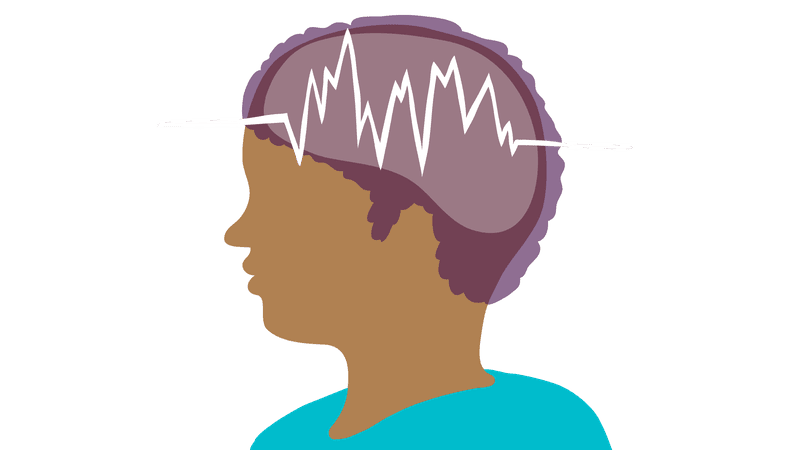Epilepsy

Exploring Epilepsy Management through Homeopathy: A Holistic Approach
Epilepsy manifests as seizures, which can vary in intensity and type. These seizures occur due to abnormal electrical activity in the brain. While the exact causes can be diverse, genetic factors, brain injuries, infections, and even certain developmental disorders are known contributors.
Epilepsy is a neurological disorder characterized by recurring seizures caused by abnormal brain activity. It affects millions of people worldwide and can have a profound impact on their quality of life. While conventional medical treatments exist, an increasing number of individuals are seeking alternative therapies to complement their treatment plans. Homeopathy, with its holistic approach, offers a unique perspective on managing epilepsy by addressing the underlying causes and promoting overall well-being.
Understanding Epilepsy
Epilepsy manifests as seizures, which can vary in intensity and type. These seizures occur due to abnormal electrical activity in the brain. While the exact causes can be diverse, genetic factors, brain injuries, infections, and even certain developmental disorders are known contributors. Conventional treatments often involve antiepileptic drugs (AEDs) to manage symptoms and control seizure frequency. However, some individuals experience side effects or incomplete seizure control with AEDs, leading them to explore Homeopathy.
The Homeopathic Approach
Homeopathy is a natural form of medicine that operates on the principle of “like cures like.” This means that a substance that can cause symptoms in a healthy individual can be used to treat similar symptoms in someone who is unwell. Homeopathic remedies are highly diluted and prepared through a process of serial dilution and succussion.
Individualized Treatment
One of the core tenets of homeopathy is the individualized approach to treatment. Dr. Singh’s Homeopathy consider not only the physical symptoms of epilepsy but also the emotional and psychological aspects of the person. By considering the individual’s unique constitution and susceptibility to various triggers, we aim to provide tailored treatment plans.
Homeopathic Remedies for Epilepsy
There are many other medicines like Lachesis, Cicuta Virosa, Zincum Met. Absinthinum, etc. that can be used int the treatment but that all depends on the symptoms and the totality of the patient.
Holistic Lifestyle Considerations
Alongside homeopathic remedies, adopting a holistic lifestyle can significantly contribute to epilepsy management:
Conclusion
Epilepsy management through homeopathy offers a holistic approach that considers the individual as a whole. It’s essential for anyone considering homeopathy to do so under the guidance of a Qualified and Experienced homeopathic practitioner, while continuing to work closely with their conventional medical team. A well-rounded approach that combines both conventional and alternative treatments could potentially lead to improved seizure control and a better quality of life.
Disclaimer:
This blog is for informational purposes only and does not constitute medical advice. The information provided is not a substitute for professional medical diagnosis or treatment. Always seek the advice of your physician or qualified healthcare provider with any questions you may have regarding a medical condition. Never disregard professional medical advice or delay seeking it because of something you have read in this blog.

